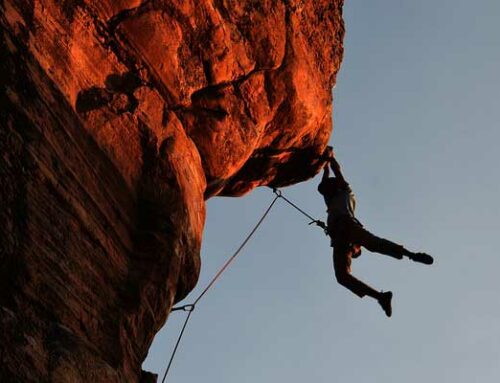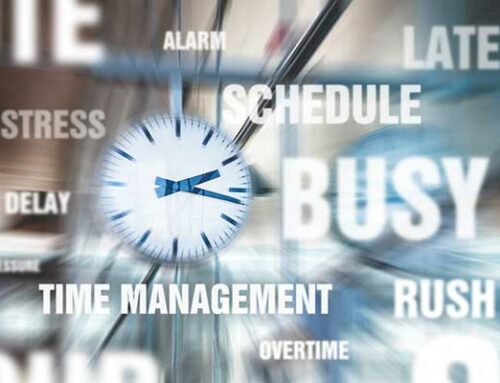The intersection of a dual career – coaching and practicing law -was experienced dramatically when I argued a case before the Commonwealth’s highest court; the Pennsylvania Supreme Court. Lawyers train for argument before this court as athletes prepare for the Olympics. Despite receiving notice of the assignment only a month before the appointed day, like most lawyers, I was essentially training for it throughout the course of my twenty year career in law. I had one month to read the relevant cases, of which there were many, read the briefs, of which there were many, and then craft and rehearse an argument. Throughout my preparation, I felt very lucky to have the tools we regularly use as coaches. And as we made the long drive to Pittsburgh, waited for the time to pass until I addressed the court, and imagined myself facing the justices with no way to predict what they might ask me; the lessons of coaching came forcefully into play when the argument began.
“Chief Justice Castille, justices, good morning,” I said, after rising from my seat in the lavish, impressive and imposing court room. I had barely spoken those words when the questions began. Seven justices eagerly began their rapid fire inquires, sometimes overlapping each other. Managing emotions and dancing in the moment had never been more important. Remaining calm, poised and fully present is a challenge when your position is being attacked, dissected and harshly judged. Active listening and direct communication are crucial skills under such highly charged circumstances. The presence of television cameras only added to the heightened feelings.
This was my personal Mt. Everest to climb and I am grateful for the discipline of coaching and being coached to have truly made the most of this experience. While my argument was good, the highest praise I received was for my demeanor. One person described it as “unflappable” in the face of very tough, intimidating and even angry questioning. Being prepared with facts and law was only part of the equation. My mental and emotional preparation won the day, and that was largely a product of my coach training, being coached and coaching others.
Dena Lefkowitz, ACC
Secretary, ICF Philadelphia




